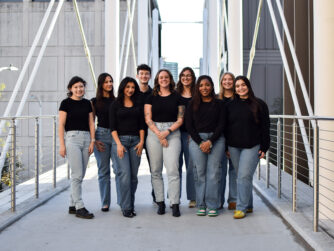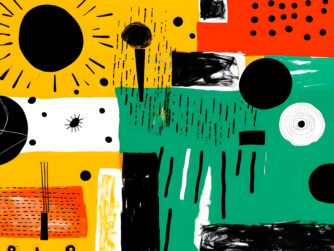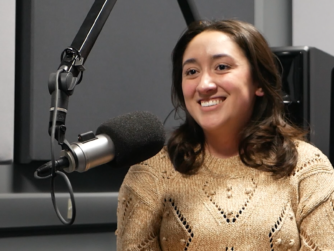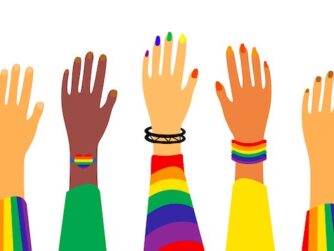A conversation with head editor for Darkness | The Murder of Irene Garza
To make sure every story is ready for you, The Drag puts in countless hours refining each edit—polishing the audio, fine-tuning the narrative and ensuring the highest quality listening experience for Irene’s story to be told with care.
Jake Gripp, a sophomore journalism student at the University of Texas at Austin, is the head audio editor of Darkness | The Murder of Irene Garza. He works diligently to craft the soundscape that transports listeners to 1960s McAllen, Texas.
The Drag Audio spoke with Gripp about his experience editing season five of Darkness.
The Drag Audio: How did you get involved in Darkness season five?
Jake Gripp: I got involved in season five of Darkness by being assigned it by Katey [Psencik]! I met with her because I was having an “existential crisis” about being just an editor and not expanding into other aspects of audio, like producing or similar things, but it turns out that she really liked my editing from the previous project I worked on. I left that conversation feeling not only better and more confident about my editing skills, but I also got assigned season five. I remember being so excited that I called my mom right after. That’s how I remember it, at least.
“I remember being so excited that I called my mom right after.”
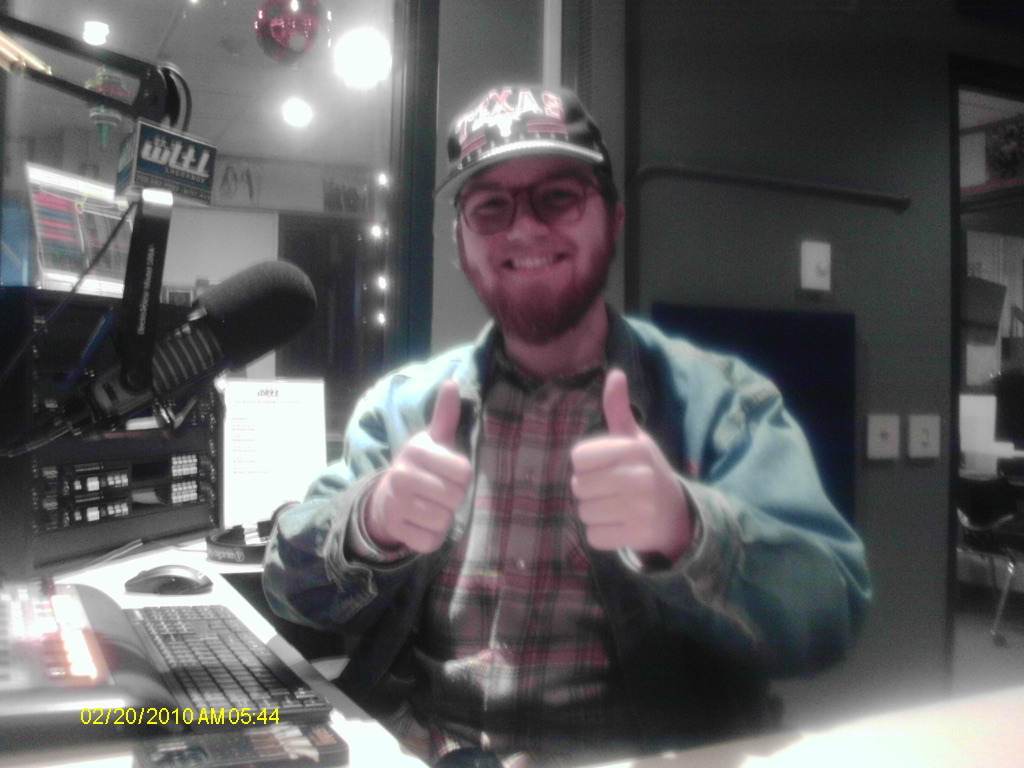
DA: What has working on season five of Darkness been like for you?
JG: Working on season five has been so much fun! Audio editing is one of my favorite things to do and to have the chance to work on a whole series has really amplified that fun! It’s just so awesome to me that I get to do what I like and get to do it continuously. I also like seeing the story come together before me. What that actually looks like is me spending hours at my desk cutting, editing and tweaking clips until I’m happy with it, but there’s nothing I’d rather be doing!
DA: What was your process for setting tone (music, cuts, sounds, etc..)?
JG: I’ve thought about it in depth. I first set the tone by cuts. There’s a pacing that I try to keep when I edit that sounds to me like a conversational tone, when I want to say emphasize a sentence or line I will break that pacing just slightly so the listener is waiting the tiniest bit before the next part, I will also tend to do this for big reveals or plot points. Once I’m fully done with the pacing and cutting, I then move on to music. This is the part I find the most challenging to describe. I can only describe it as “it feels right.” As in my mind subconsciously tells me where to put music, of course I inform it by the mood of what is going on, but I have not unraveled my mind past that yet. Speaking about vibe, I also try to keep the music consistent, mostly in instruments, only going out of the consistency when the emotion calls for it.

DA: What’s the largest challenge you’ve faced this season?
JG: The largest challenge I’ve faced during this season is the time constraint. It has definitely helped me get out of my “everything needs to be perfect” attitude and has refined my work process. But it has also added responsibilities on top of being a full-time student, but somehow, I always find time. Squishing my process into four-five days worth of work has led to me trying to create a process where I am as efficient as possible while also allowing me to be as creative as possible.
DA: What is the most important thing you have learned/gained since working with The Drag?
JG: The most important thing that I have learned at The Drag is self-confidence. I’ve been lucky enough to have pretty consistent opportunities here to prove myself and that has led me to think to myself, “Ok, I can actually do this.” Or, in other words, I think I had a pretty decent case of imposter syndrome when I was editing audio in high school, just cause I was young and learning everything, and I think The Drag was essential for me getting out of that!

“The best thing for any audio editor to do is to listen to podcasts!”
DA: What’s some advice you would give to an up and coming podcast audio editor?
JG: The best thing for any audio editor to do is to listen to podcasts! And by listening, I mean keep track of the speaker’s cadence, ask, “Where do they put the music?” and “Why is this piece there?” Really take an active listening approach to it. I also like to say to take note of what you like and don’t like. I would say I personally am influenced by the podcasts that I listen to. It’s really all about personal taste and developing that taste.




